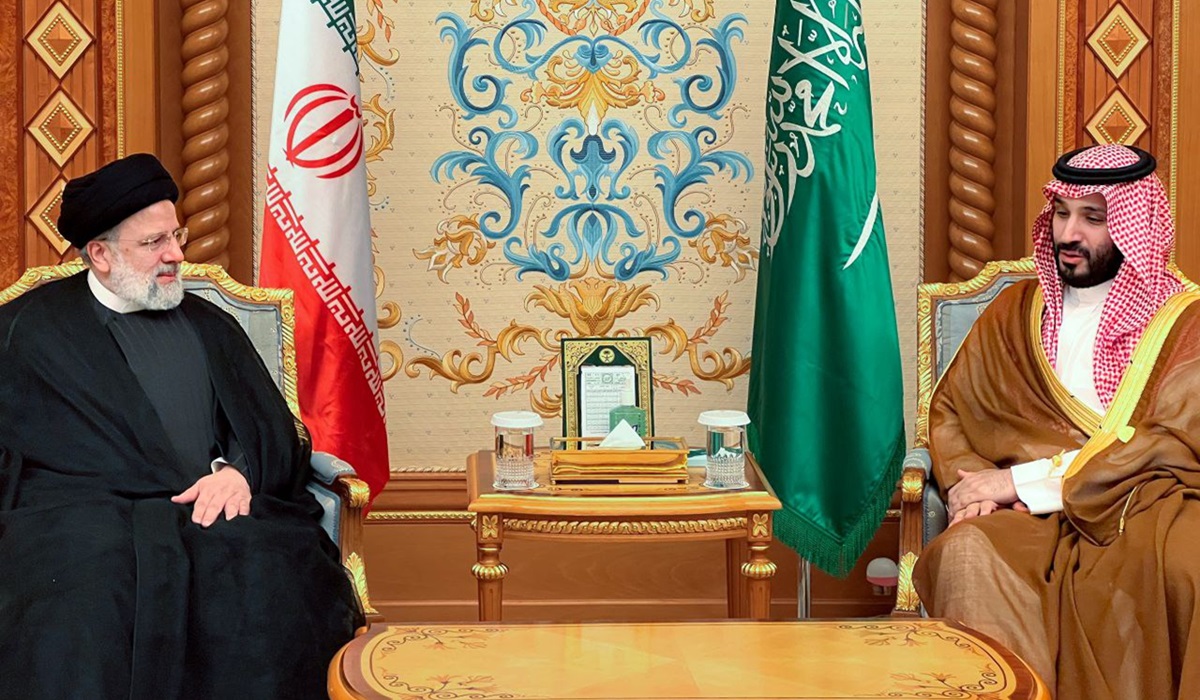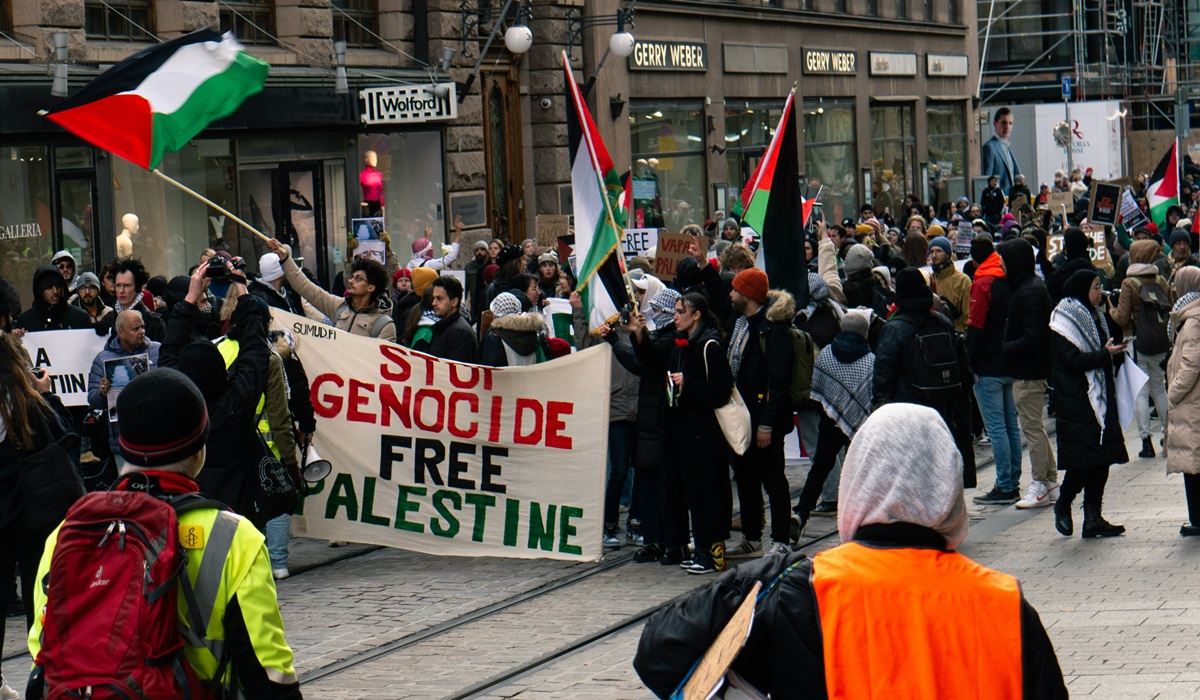Iran’s President Raisi Takes Center Stage: Historic Talks in Saudi Arabia to Address Gaza Crisis”
- Ingrid Jones
- Middle East
- Trending
- November 12, 2023

Iranian President Ebrahim Raisi visited Saudi Arabia earlier today to participate in the Arab Summit and engaged in a crucial meeting with the Crown Prince. This marks the first highest-level interaction between the two nations since diplomatic relations were resumed, brokered by Beijing. The primary focus of this meeting is on addressing the pressing crisis in Gaza, showcasing a deliberate effort to confront regional issues head-on.
The timing of President Raisi’s visit holds particular significance, coming months after the reopening of embassies in both Iran and Saudi Arabia. The meeting signifies an essential step towards fostering regional cooperation, with the potential to reshape the dynamics of the Middle East and promise a more stable future.
The historical strain between Iran and Saudi Arabia, characterized by disputes over interpretations of Islam and involvement in conflicts such as those in Syria and Yemen, has long hindered diplomatic relations. The resulting proxy wars have not only destabilized the region but also led to a significant loss of life.
Against this backdrop, the Arab world is demonstrating a united front in supporting an end to the occupation and bombardment of Gaza. This solidarity reflects a shared desire for stability, transcending historical differences to address urgent regional issues.
In a pivotal Arab-Islamic summit hosted by Saudi Arabia, leaders from 57 Arab and Muslim countries convened to call for an end to the war in Gaza and reject justifying Israel’s actions against Palestinians as self-defense. The summit also advocated for an end to the siege on Gaza, the allowance of humanitarian aid into the enclave, and the halt of arms exports to Israel.
The leaders further demanded that the UN Security Council adopt “a decisive and binding resolution” to halt Israel’s aggression in Gaza. The summit’s resolute stance on these issues emphasizes the collective determination to address the ongoing crisis in the Gaza Strip.
Following Hamas’ deadly attack on Israel on October 7, in which at least 1,200 people were killed, Israel’s allies have defended the country’s right to protect itself. However, the Palestinian death toll in the besieged enclave from the latest war has now surpassed 11,000 people. This sobering statistic underscores the urgency for international intervention and diplomatic efforts to bring about a ceasefire and pave the way for lasting peace in the region.
The united stand by the Arab world in supporting their cause aligns with their broader vision for a more cohesive Middle East. A diplomatic breakthrough could lead to increased efforts to address longstanding regional issues, fostering a path toward enduring stability and cooperation.








